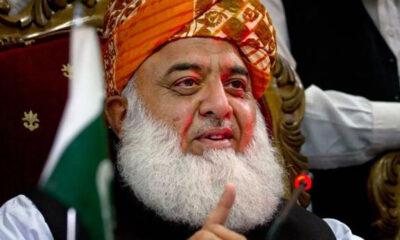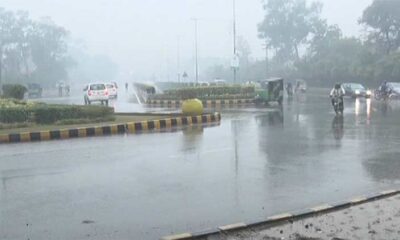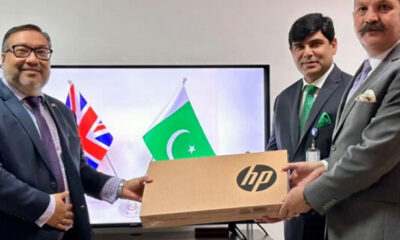Tech
Google Chrome launches crackdown on data-tracking cookies — What you need to know

Latest News
The green colour of WhatsApp ‘angers’ some users.
Latest News
Punjab will provide fifty thousand solar kits.
Pakistan
There will be free WiFi in public parks.
-

 Latest News2 days ago
Latest News2 days agoThree injured and two died in a Punjabi road accident
-

 Business2 days ago
Business2 days agoPakistan’s $1.1 billion loan tranche is approved by the IMF board.
-

 Business2 days ago
Business2 days agoPakistan’s fuel prices should drop.
-

 Latest News2 days ago
Latest News2 days agoFazl challenges the authenticity of the parliament.
-

 Latest News2 days ago
Latest News2 days agoJudges of the IHC letter: Today’s suo moto case will be taken up by the six-member SC bench
-

 Latest News2 days ago
Latest News2 days agoTemperatures will soar, bringing intense heatwaves to Karachi.
-

 Latest News2 days ago
Latest News2 days agoLahore experiences a winter-like ambiance following rainfall.
-

 Latest News2 days ago
Latest News2 days agoAfter kidnapping a citizen of Karachi, three AVLC officers were detained.

























